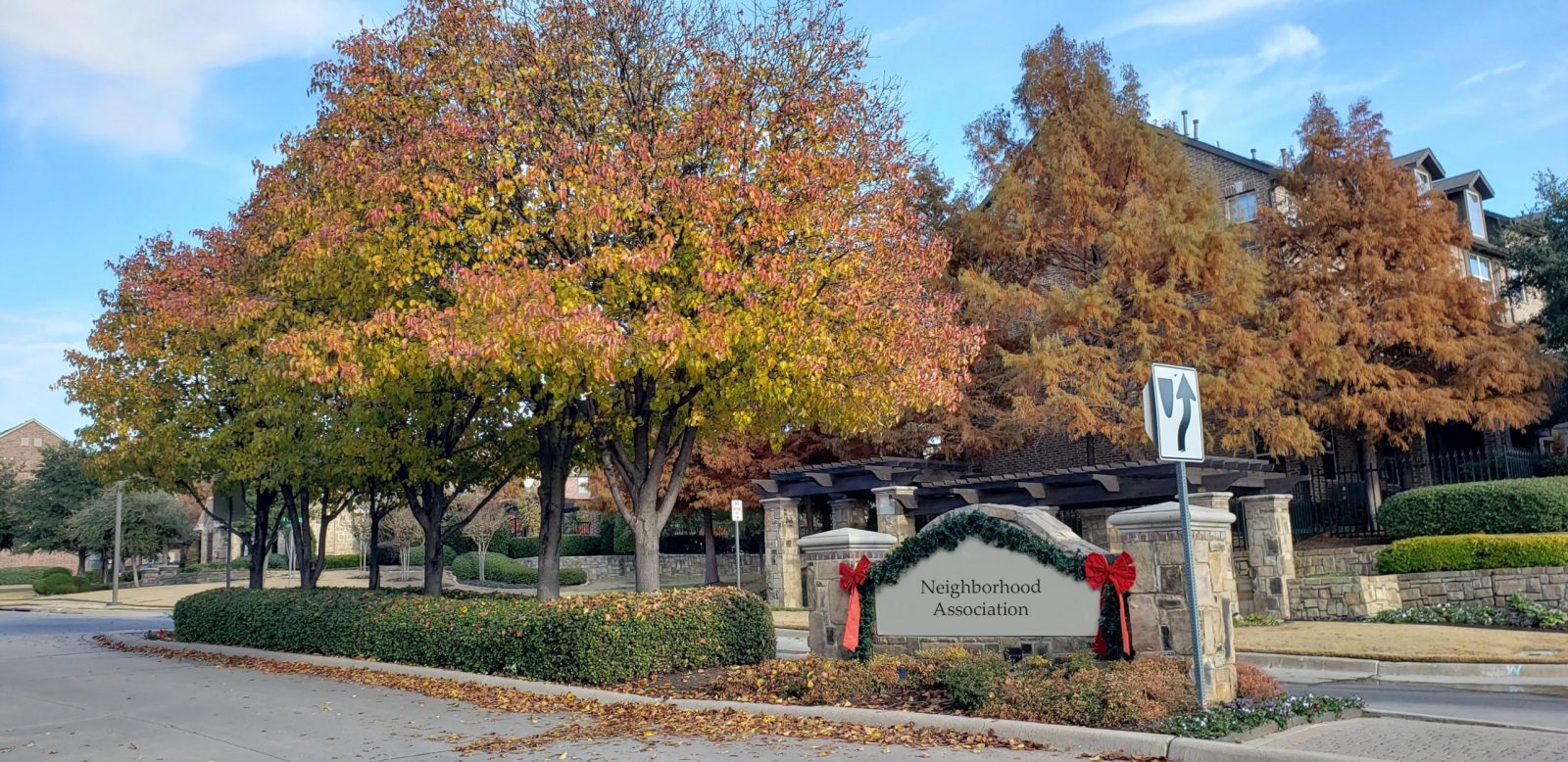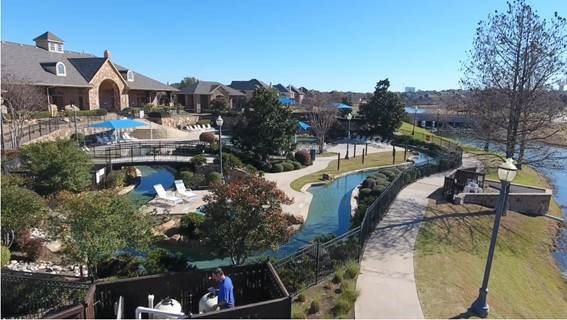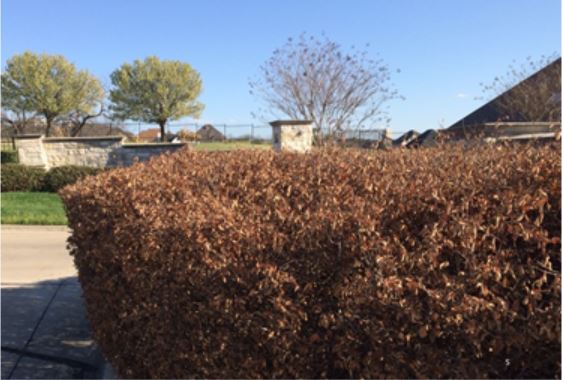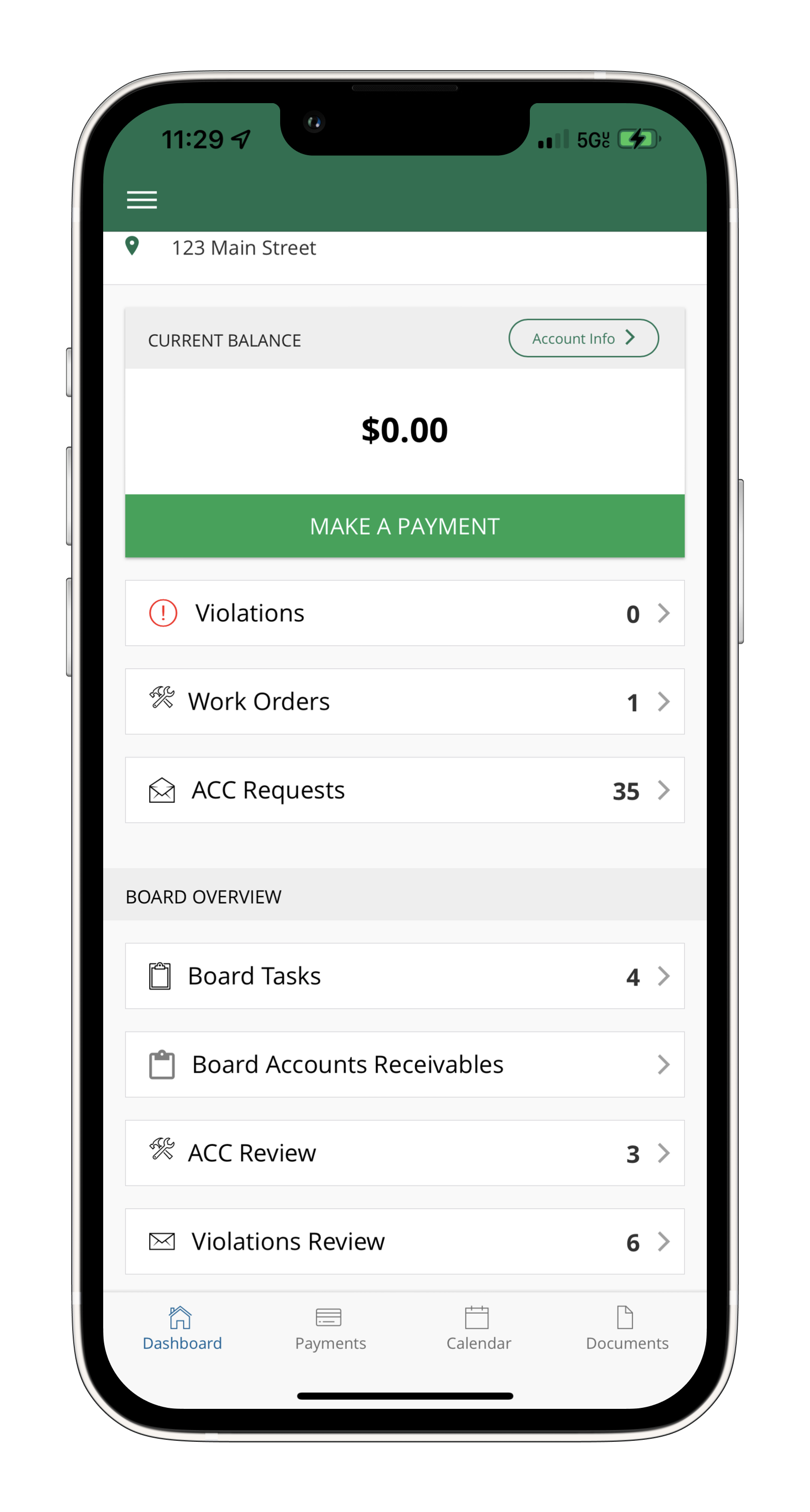


Avoid Some Common Pitfalls with Reserve Studies
November 4, 2019


How Are My Assessments Spent?
December 9, 2019“An experienced reserve specialist will be cognizant of an association’s financial situation as they prepare the study and prioritize projects in a way to produce a realistic plan that can be adopted.”
One of the most common reasons a reserve study is not implemented is because the results of the study present such a large fee increase the association board knows if they want to hold on to their board seats, or even make it safely back to their unit without a mutiny from angry unit owners, they cannot possibly adopt the study findings. There are a few ways to address this situation.
But what happens if the reserve study proves faulty and funds aren’t adequate to pay for planned or unplanned expenses? Are HOA fee increases inevitable?
First, as was previously discussed in Avoid these Common Pitfalls with Reserve Studies, it’s important to hire a reputable reserve study company, but also to thoroughly vet the proposal and person who is assigned to come on-site to conduct your study. Select a professional experienced in reserve analysis who also understands internal association business realities.
Way too many providers base recommendations for each property element strictly on average useful lives without any consideration of the big picture of an association’s current financial circumstances and the virtual impossibility that may present to a board. An experienced reserve specialist will be cognizant of an association’s financial situation as they prepare the study and prioritize projects in a way to produce a realistic plan that can be adopted.


In addition, the reserve study itself should provide advice within the report that helps the board make “business decisions†about what to defer so they have an achievable plan. Your property manager can also recommend other options (such as capital project loans) for associations in tough financial positions.
It’s wise to meet as a board, digest the study findings, go back to your reserve provider for advice and then request changes. Make sure your reserve study identifies and explains what the “critical funding year†is within a study and how that relates to fee increases. It is customary among reserve providers to offer a final report as part of the contractual arrangement. The initial study you are provided doesn’t have to be the final report you end up with.
In addition, recognize many associations are under-funded. Use the study findings to impress upon unit owners the “true cost†to live in the association and prepare them for future funding increases that cannot be avoided. Increase reserve contributions to the greatest extent feasible so that while you may not be funding to ideal levels, you improve your reserve situation over time to eventually become property funded with the ability to undertake projects in a more timely manner.
Rely on your reserve study provider to consult with your board. Request changes to make the plan workable. Obtain consultation on the logic and philosophy behind reserve projections so you as a board understand the fairness of the reserve recommendations for today’s unit owners and can obtain buy-in from all affected parties. The worse mistake is to put it on the shelf and do nothing.


Nik Clark
Partner at Superior Reserve Engineering & Consulting / www.superiorreserve.com
Nik has 15 years of experience with community associations having held executive positions with a prominent legacy firm in the reserve study industry before founding Superior Reserve in 2014. Over the past 15+ years Nik has partnered with property managers, developers, association boards, and many other real estate fiduciaries to bring industry leading long-term capital reserve planning, transition, and related consulting services to all types of real estate. As a featured speaker and panelist at hundreds of industry conferences and trade shows around the country, Mr. Clark has been a resource for managers, real estate executives, and properties in all 50 states and 36 countries.
If you found this article helpful, you may also find other topics relevant to your HOA on this blog at Community. Well-Served.






